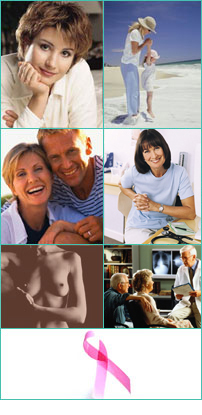There is a mounting body of evidence indicating that breastfeeding helps to prevent breast cancer. An analysis was performed that combined the results of 47 studies in 30 countries involving almost 100,000 women without breast cancer and over 50,000 women with breast cancer. [Lancet, 2002; 360 (9238):187-195.]
According to this large analysis, mothers who breastfed for a total of one year (when duration of breastfeeding for all children were combined) were found to be 6% less likely to develop breast cancer than mothers who had not breastfed; women who breastfed for a total of two years were 11% less likely to develop the disease. Breastfeeding for longer cumulative periods yielded even larger benefits. More recent studies also have demonstrated that women who nursed their children have a lower risk of breast cancer. [Pediatrics, 2005; 115(2):496-505.]
Remember, however, that breastfeeding is one of many factors that can reduce the risk of breast cancer. The decision whether to breastfeed is very personal and should not be motivated simply by the desire to lower the risk of breast cancer.
Although breastfeeding is one of many factors that help to prevent breast cancer, breastfeeding has many other benefits for the mother and child.
In deciding whether breastfeeding is best for you and your infant:
• See our Q&A on benefits of breastfeeding.
• See the 2005 Policy Statement from the American Academy of Pediatrics on "Breastfeeding and the use of human milk" at http://aappolicy.aapublications.org/cgi/content/full/pediatrics;115/2/496 or Pediatrics, 2005; 115(2):496-505.
• See the website of The La Leche League International, www.lalecheleague.org, for useful information on breastfeeding and support services.
• Be sure to talk with your physician about your medical history and the needs of your infant.
|


